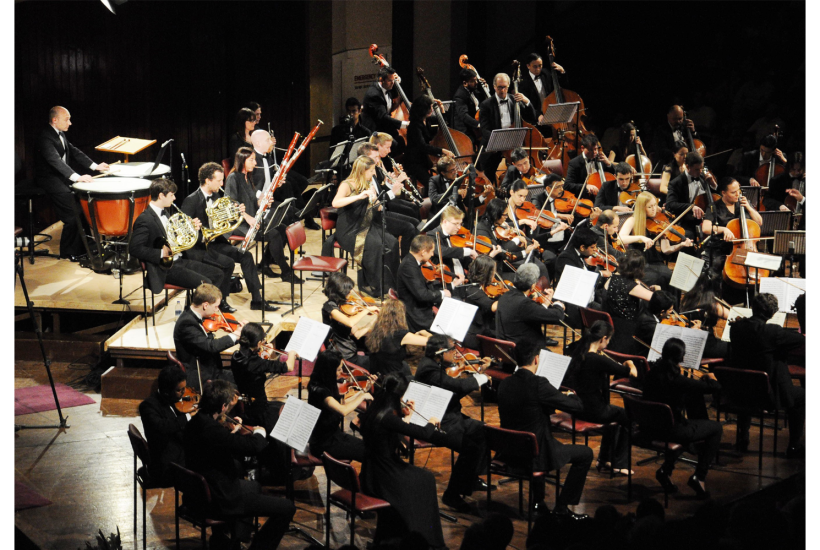Choosing a concert opener is an art in its own right. Fashions shift: the traditional overture has fallen from favour in recent years, and you might go seasons now without hearing such one-time favourites as The Thieving Magpie or Euryanthe. The opening slot is more likely to contain something short and contemporary, or worthy and obscure (cynics call it ‘box-ticking repertoire’).
Already a subscriber? Log in
Subscribe for just $2 a week
Try a month of The Spectator Australia absolutely free and without commitment. Not only that but – if you choose to continue – you’ll pay just $2 a week for your first year.
- Unlimited access to spectator.com.au and app
- The weekly edition on the Spectator Australia app
- Spectator podcasts and newsletters
- Full access to spectator.co.uk
Or
Unlock this article
You might disagree with half of it, but you’ll enjoy reading all of it. Try your first month for free, then just $2 a week for the remainder of your first year.








Comments
Don't miss out
Join the conversation with other Spectator Australia readers. Subscribe to leave a comment.
SUBSCRIBEAlready a subscriber? Log in